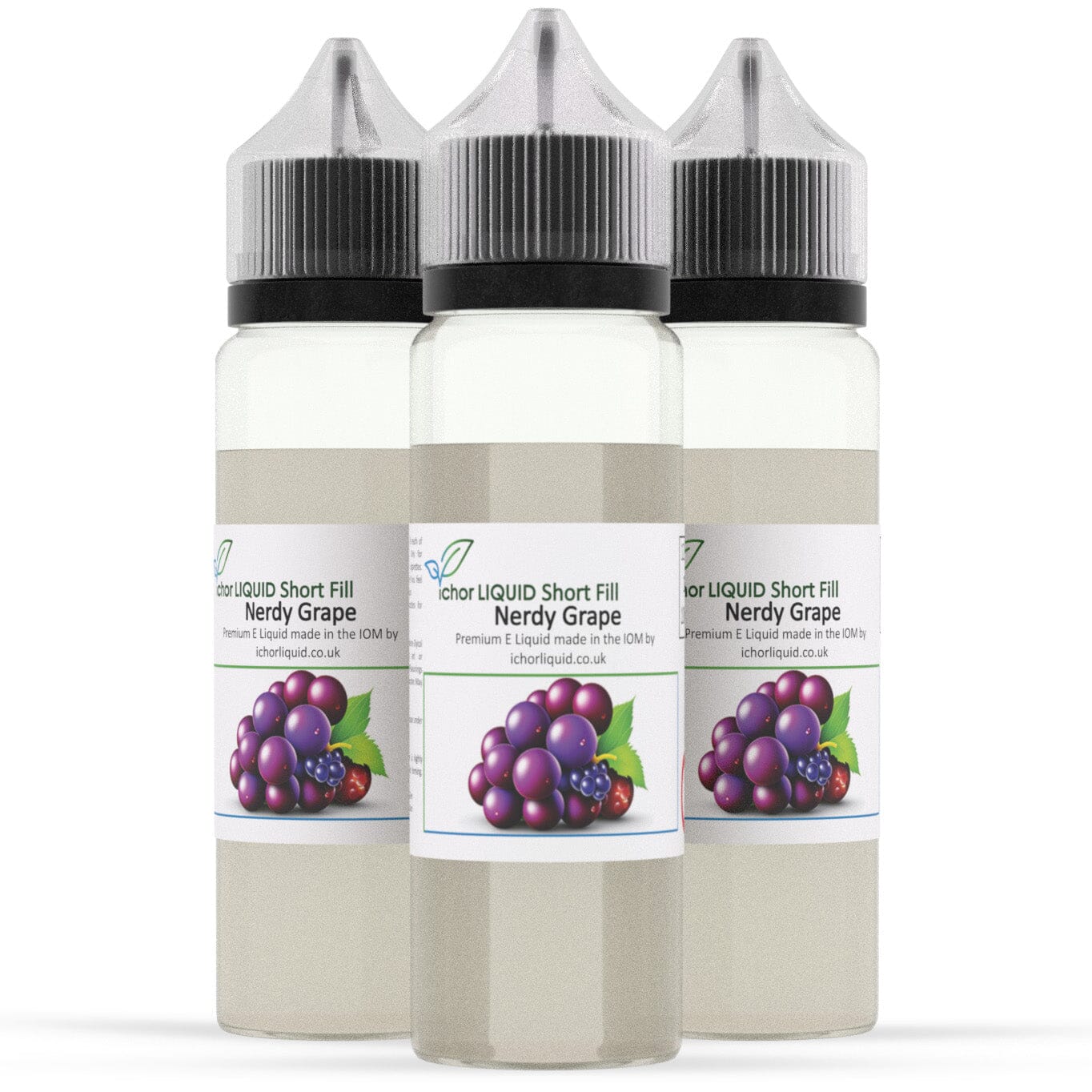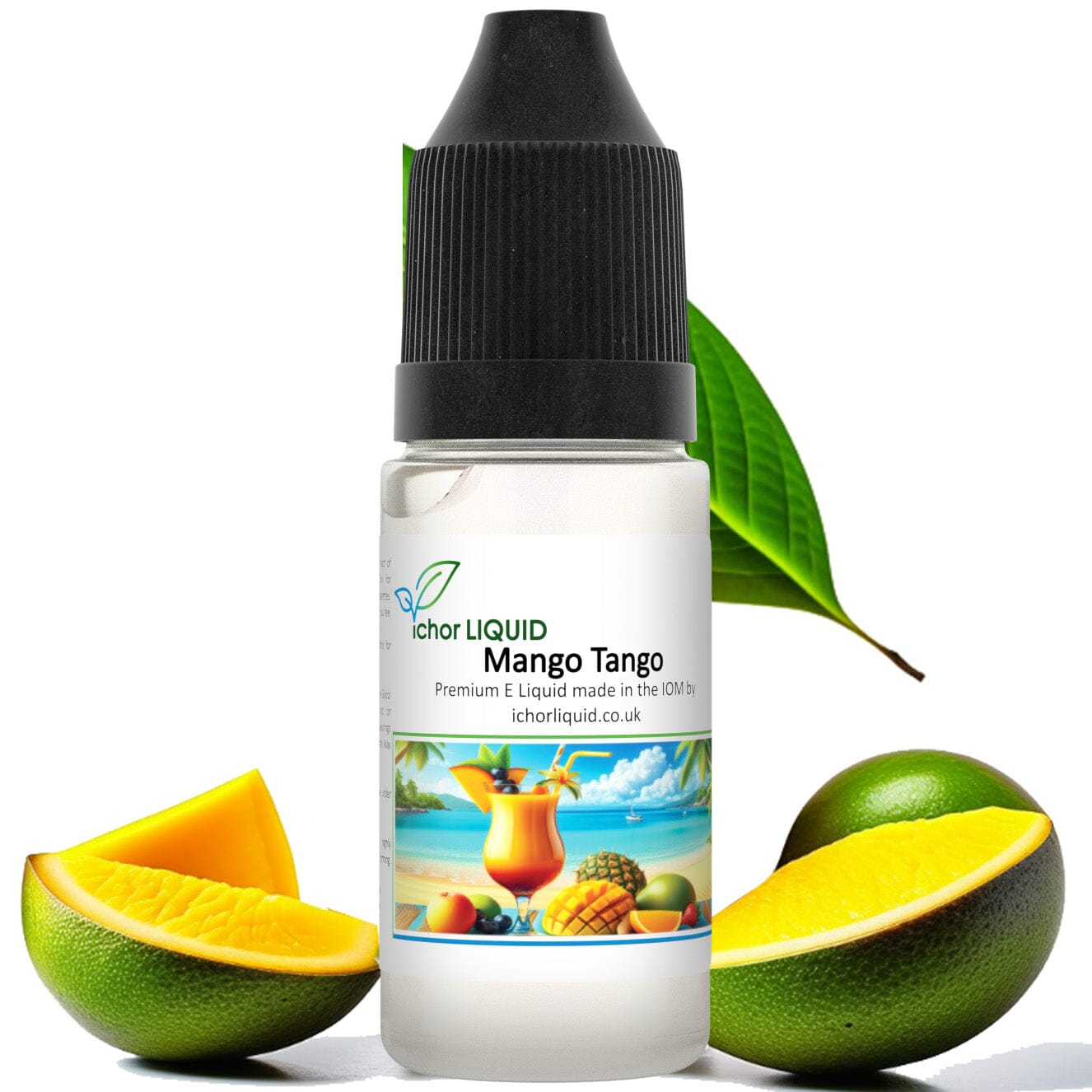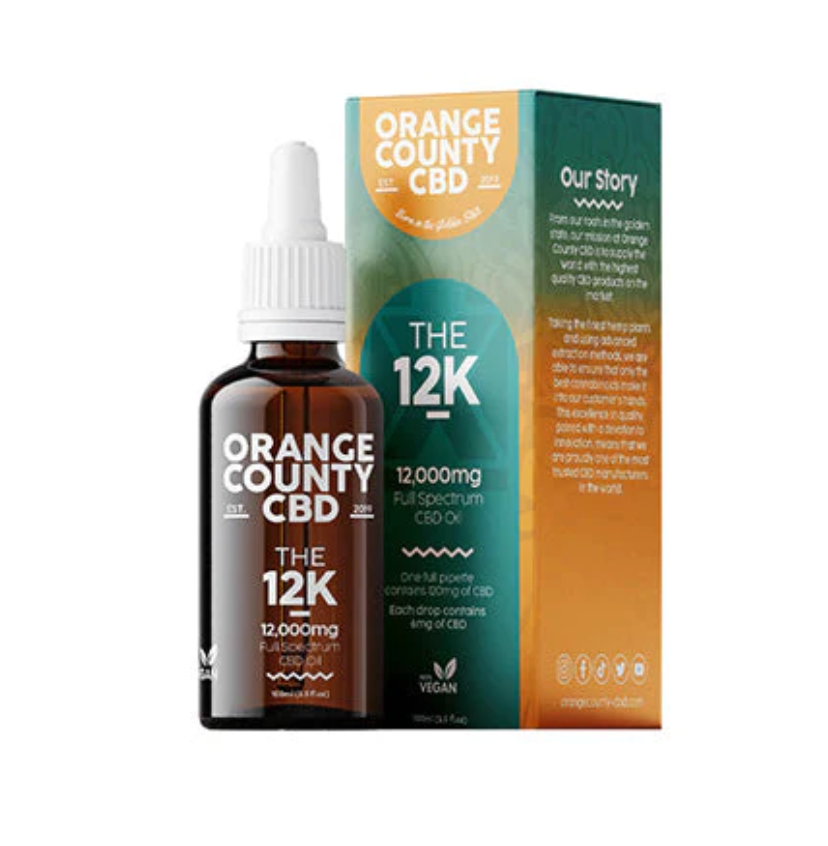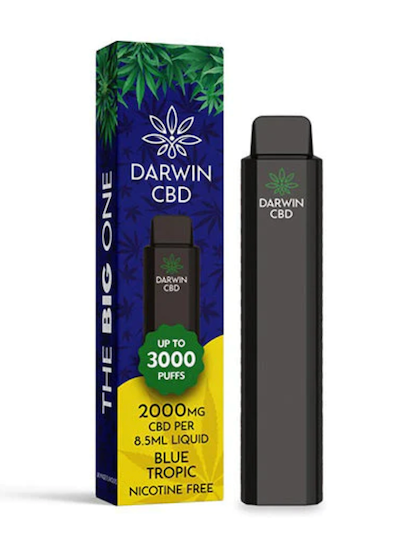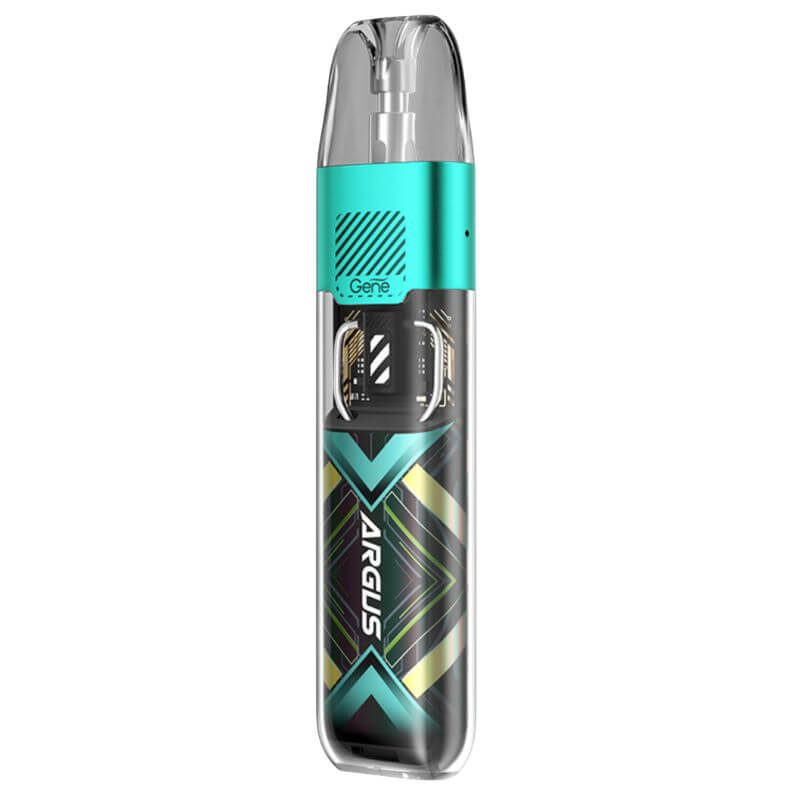Managing CBD Use with Drug Tests - Tips for a Worry-Free Experience
Managing CBD Use with Drug Tests - Tips for a Worry-Free Experience
As the popularity of CBD products continues to soar, many individuals are understandably cautious about how their CBD use may impact drug test results. It is important to approach CBD use with caution, especially if you may be subjected to drug testing, as not all CBD products are created equal. It is crucial for individuals to be well-informed and take preventative measures to ensure a worry-free experience when it comes to managing CBD use with drug tests. In this informative blog post, we will provide valuable tips and insights to help individuals navigate the complex relationship between CBD use and drug testing, allowing them to make informed decisions and avoid any potential pitfalls.
Types of CBD Products
For individuals considering using CBD products while being subject to drug tests, it is important to understand the different types of CBD products available. The CBD market offers a variety of products, including full-spectrum CBD, CBD isolate, and broad-spectrum options. It is essential to be aware of the differences among these products to make an informed decision and manage CBD use with drug tests responsibly.
| Full-Spectrum CBD | Contains all the naturally occurring compounds in the cannabis plant, including THC |
| CBD Isolate | Pure CBD with no other cannabinoids or compounds |
| Broad-Spectrum Options | Contains multiple cannabinoids, excluding THC |
Full-Spectrum CBD and THC Content
With full-spectrum CBD products, it is important to note that they contain THC, the psychoactive compound found in cannabis. While the THC content is typically minimal (less than 0.3%), there is still a possibility of it showing up on a drug test. If avoiding THC is a priority, individuals should exercise caution when using full-spectrum CBD products.
CBD Isolate and Broad-Spectrum Options
Types of CBD products such as CBD isolate and broad-spectrum options are ideal for individuals concerned about THC content. CBD isolate contains pure CBD, while broad-spectrum options offer multiple cannabinoids without THC. These choices provide the benefits of CBD without the risk of THC showing up on drug tests.
Content: When considering CBD options, individuals should be mindful of the THC content to manage CBD use responsibly and confidently navigate drug tests.
Drug Testing and CBD
Some people may be concerned about drug testing and CBD use, especially if they are subject to regular screenings for employment or legal reasons. It's important to understand how CBD interacts with different types of drug tests and the factors that can influence test outcomes.
Common Types of Drug Tests
Some common types of drug tests include urine tests, blood tests, saliva tests, and hair tests. Each test has different detection windows and sensitivity levels for CBD and other substances. The key factors that can influence the results of drug tests for CBD include the amount and frequency of use, the quality of the product, and the individual's metabolism and body composition.
| Type of Test | Common Detection Window for CBD |
| Urine Test | 3-30 days |
| Blood Test | Up to 7 days |
| Saliva Test | Up to 72 hours |
| Hair Test | Up to 90 days |
CBD Metabolism and Test Detection
Types of drug tests detect CBD and its metabolites, which are compounds produced by the body when it processes CBD. Any presence of these compounds in the body can potentially be detected in drug tests, depending on the type of test and the individual's metabolism. It's important to note that while CBD itself is not psychoactive, some CBD products may contain trace amounts of THC, the psychoactive compound in cannabis, which can also be detected in drug tests.
Best Practices for CBD Use with Impending Drug Tests
Not all CBD products are created equal, and for individuals who are subject to drug testing, it is crucial to choose products carefully and consider the timing of consumption and dosage. By following best practices, individuals can enjoy the benefits of CBD without fear of potential repercussions from drug testing.
Choosing the Right CBD Product
Right from the start, it is important to select a CBD product that is made from high-quality, reputable sources. Look for products that have third-party lab testing to ensure their purity and potency. Choosing a CBD isolate or broad-spectrum product that contains no THC can significantly reduce the risk of triggering a positive drug test result. Additionally, it is essential to research and select a product that aligns with individual needs, whether it be for pain relief, anxiety, or other health concerns.
Timing of Consumption and Dosage Considerations
Timing the consumption of CBD is crucial for those facing drug testing. It is important to time CBD consumption strategically, especially in the days leading up to a drug test. Additionally, it is vital to consider dosage and start with a low amount, gradually increasing as needed. By being mindful of timing and dosage, individuals can minimize the risk of a positive drug test result.
Practices such as keeping a detailed journal of CBD consumption, and being mindful of any potential cross-contamination with THC, can also aid in managing CBD use with impending drug tests.
Case Studies and User Testimonials
Now, let's take a look at some case studies and user testimonials to better understand how CBD use can impact drug tests.
- Case Study 1: A 35-year-old male, who regularly used a full-spectrum CBD oil, tested positive for THC in a workplace drug test. The CBD product contained trace amounts of THC, which led to the positive result.
- Case Study 2: A 28-year-old female, who used a CBD topical cream for pain relief, also tested positive for THC in a drug test. The THC content in the cream was not disclosed on the label, leading to an unexpected outcome.
- Case Study 3: A 42-year-old male, who consumed CBD gummies to manage anxiety, tested negative for THC in a drug test. The CBD products he used were certified as THC-free, ensuring a worry-free experience.
Positive Experiences with CBD and Drug Tests
Experiences with CBD and drug tests vary among users. Many individuals have reported negative drug test results after using CBD products with low or zero THC content. It is important to note that when choosing CBD products, it is essential to look for third-party lab testing certifications to ensure the absence of THC.
Lessons Learned from Testing Positives
Case studies of individuals testing positive for THC after using CBD products highlight the importance of product transparency and label accuracy. To avoid similar outcomes, it is crucial to thoroughly research and vet the CBD products before use. Additionally, having a discussion with a healthcare professional regarding CBD use and drug testing can provide valuable insights.
Positives from these experiences emphasize the need for caution and due diligence when incorporating CBD into your wellness routine. Always prioritize quality and transparency when choosing CBD products, especially if drug testing is a concern. Remember that proper knowledge and awareness can lead to a worry-free experience.
Managing CBD Use with Drug Tests - Tips for a Worry-Free Experience
With these considerations in mind, it is important to approach CBD use with proper caution to ensure a worry-free experience with drug tests. Understanding the source and quality of the CBD product, as well as the potential for THC contamination, is crucial for minimizing the risk of a positive drug test result. Additionally, being transparent with employers or drug testing facilities about CBD use can help to prevent any potential misunderstandings. By following these tips, individuals can confidently incorporate CBD into their wellness routine while navigating drug testing requirements.

